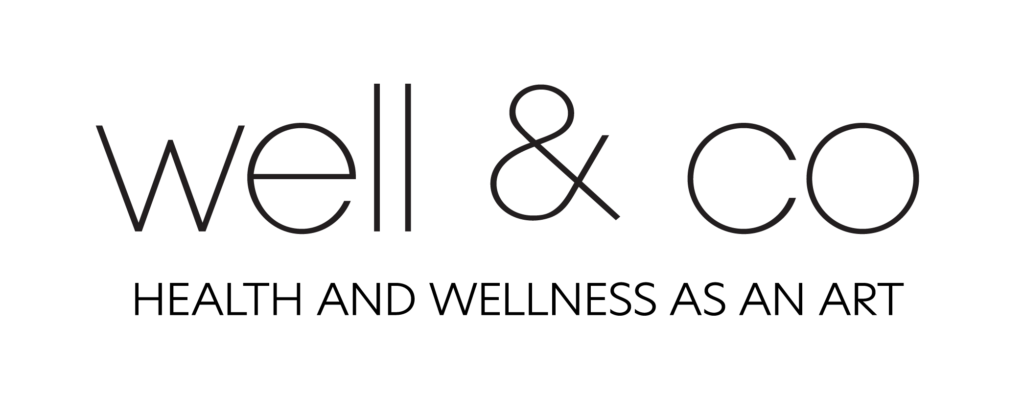Spring cleaning isn’t just for the home and office–our minds require that same cleanse a few times a year, if not more. Decluttering the brain is imperative as it allows the psyche to breathe, detox, and move forward with greater calm, ease, and clarity.
In today’s hectic world our mind requires decluttering as our brain is actively working and therefore affecting how we respond to life situations. Yvette Bowlin, an expert in decluttering, notes that when we’re caught up in our heads, distracted by worry or fear, we’re not present or clear-headed. And when we’re not clear-headed, we lose the connection to ourselves, our environment, and our lives causing the body and mind to experience increased stress, anxiety and new health ailments.
Why does mental clutter happen? Ryan Andrews of Precision Nutrition argues that the decisions we make regulate brain disorganization. For example, just as one can elect to be cluttered, one can also choose to declutter the headspace. Decluttering not only expands your physical space, but it also enhances one’s happiness while promoting positive life choices and decisions.
In the following paragraph, I share three recommendations that may help one deal with mental clutter, prevent future psychological baggage, and better handle life stressors.
Journaling: Writing your thoughts down not only enhances your awareness and mindfulness, but you become more engaged in your emotions and feelings, allowing you to better handle challenging situations when they arise. Scientific evidence supports that the act of writing accesses your left brain, which is analytical and rational and enables your right brain to create and acknowledge emotions. Journaling removes mental blocks and allows you to become more mindful of yourself and the world around you.
Exercise: When I was younger my mother would state, “Dear, please take a good walk around the block to clear your head.” Her advice for exercise as a source to de-stress remains relevant today. Heidi Godman, Executive Editor of the Harvard Health Letter, states that aerobic exercise stimulates the new growth and abundance of brain cells and blood vessels in the brain while reducing inflammation and insulin resistance. Indirectly, cardiovascular training improves mood, sleep, and reduces stress and anxiety. So as my mother ordered, get out and take a walk, enjoy nature, the fresh air and solo-time to mentally detox.
Stop Multitasking: If there is one superpower you need to drop immediately, it’s multitasking. While the skill may be viewed as resourceful to a potential employer, in fact, it will hinder your progress on the job and in your personal life allowing room for stress and anxiety. According to Bloomberg, one is most effective when they focus on a singular task with determination enabling for higher work productivity, whereas when one juggles various responsibilities, it often leads to career burnout and anxiety. Peter Bregman of the Harvard Business Review recognizes the failure one faces when undertaking multiple tasks, either at home or on the job. Multitasking, Bergman further argues, is a game people fool themselves into thinking is a perfect skill, when in reality, one’s productivity goes down by as much as 40%. To avoid this fact, realign your career and personal objectives into small achievable goals with clear and defined focus. Avoid getting caught up in the glory of multitasking as it does more harm than good for your health and wellbeing.
Remember that your surroundings and choices play a crucial role in your psychological health. Journaling, exercising and limiting obligation overload will allow your brain to breath, and save you from becoming burnt out in any aspect of your life.

